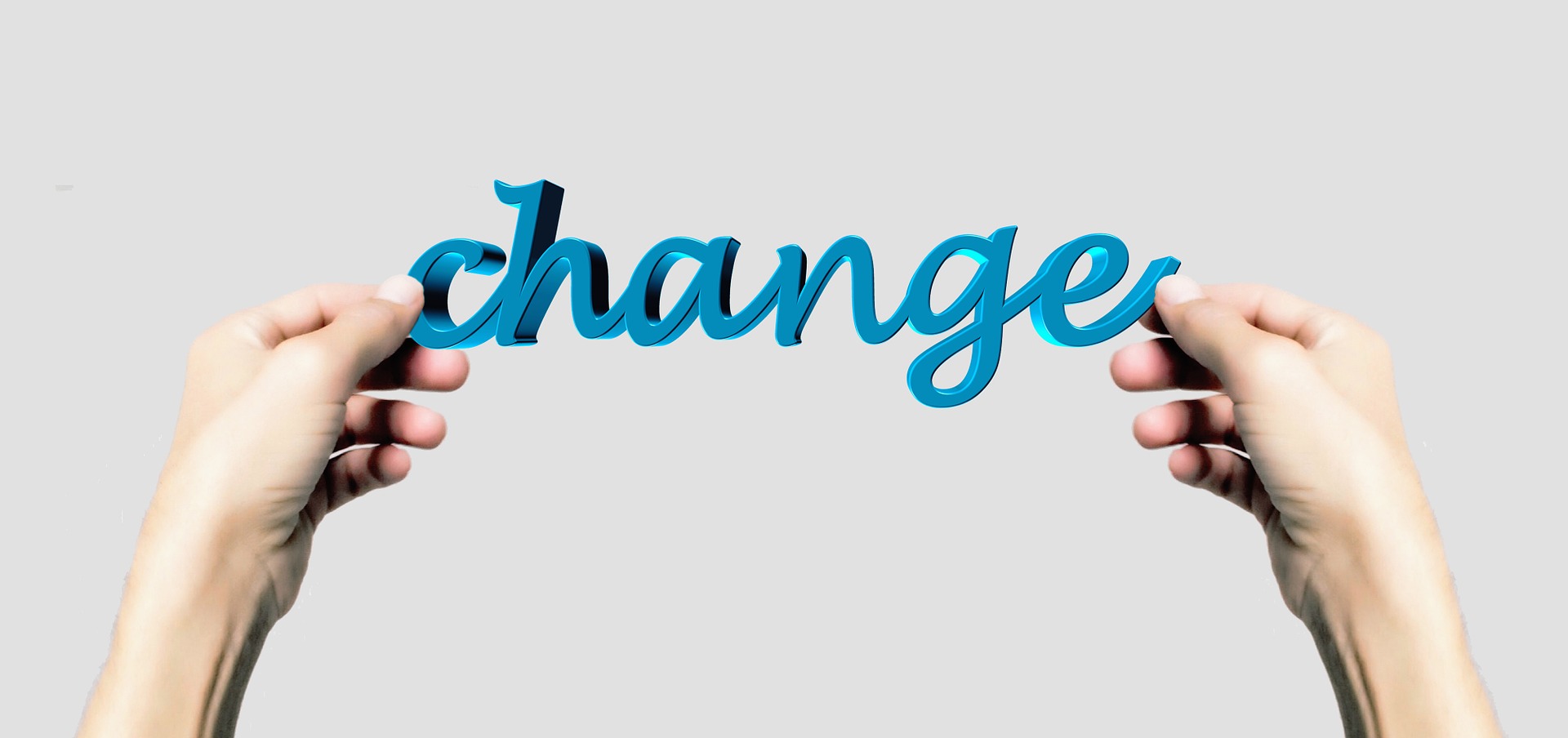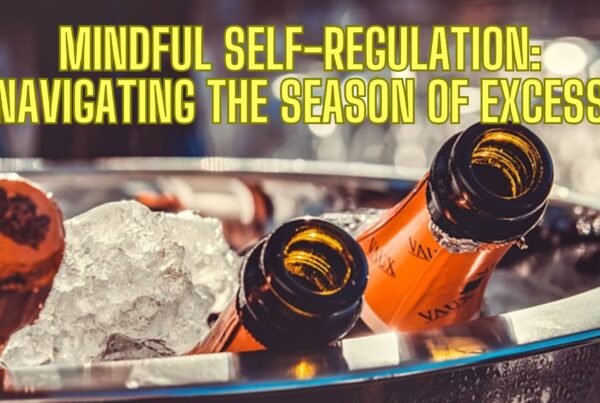Goodbye 2016: The Year of Change
How to bounce back from a difficult year filled with change?
2016 has proven to be one of those years often summed up as ‘interesting’.
It has certainly had far more plot twists and turns than what many of us would’ve anticipated and not all of them have been seen as good.
While we don’t want to vastly generalise this year as having been awful, it has been a year that will certainly be looked back upon as having its own unique challenges and certainly full of ‘change’.
Over the weekend, a friend of mine told me that, in Numerology, 2016 is a 9 year which is a year of endings. I pointed out that this felt appropriate, as change cannot happen without something coming to an end.
People lose loved ones, end relationships, switch careers, and move to new places. Change is an inevitable part of life, and it’s essential to accept it.
What is it about change that makes it so hard for us to deal with?
Some people are capable of change easily. They can accept that some things are out of their control, or that they’ve done the best they can with the situation they’ve been handed.
Others will continue to struggle against the change and, as a result, experience prolonged anxiety, stress, suffering, and a sense of being out of control
There is one thing that we have to acknowledge though; ‘we can’t NOT change’. It is impossible to stay the same.
Heraclitus once said, “No man ever steps in the same river twice, for it’s not the same river and he’s not the same man.”
As human beings, we avoid discomfort and those situations and events that are hard. Yet these are inevitable experiences, and define who we are as much as the good things that happen.
Creatures of Habit
Humans are creatures of habit, and we thrive on routine to provide our lives with stability and focus.
We struggle with change because we hate uncertainty and fear that things will be worse, yet wonderful opportunities can come from change.
We’re also prone to self-doubt and may focus on worst-case scenarios when contemplating making a change. We stay in jobs we hate because we fear the unknown and the prospect of a worse situation. This survival mechanism keeps us tied to our routines, even if they cause us pain.
The Impact of Change
For some, the world is too far removed from their personal values and beliefs, and they feel powerless to change it. Many Americans were horrified when Trump was elected President, and the world was in disbelief when the British public voted for Brexit.
Being forced to exist in a world that is not what we want can be daunting and overwhelming, causing stress and anxiety about the future.
When Trump was elected President, I commented that, while I wasn’t holding my breath, I hoped that we will be look back upon this event with the hindsight as being a moment where things happened for a reason and turned out better than what we were all expecting.
It may be hard to believe right now and I might be trying to be blindly optimistic, however sometimes we do need to accept that some things are out of our control and all we can do is be in control of how we choose to react to the situation.
When change is forced upon you and outside of your own control, it has the potential to be extremely painful and uncomfortable to experience.
So what can you do to help make these inevitable experiences less disruptive on your life?
Be Mindful to your experience
Practising mindfulness can help train your mind and make it less likely to get distracted. When we face a challenging situation, our minds race, playing out countless scenarios of how the change can impact our lives. However, mindfulness is not necessarily about lessening the pain or discomfort that these situations provoke. Instead, it’s about accepting the present moment, letting go of resistance, and experiencing the change as it is.
Be Aware of your reaction
When change happens, we often feel like we’re losing control. The only thing we can control is our reaction to the situation. It’s okay to feel upset, angry, or sad. Acknowledge your feelings, and don’t try to suppress them. However, don’t let them dictate your actions. Focus on what you can do to make the situation better.
Practice Acceptance
Acceptance is key to dealing with change. It’s important to recognise that some things are outside of our control, and we can’t change them. Instead, we can choose how we react to them. Acceptance doesn’t mean we’re giving up or approving of the situation. It means we’re acknowledging it and moving forward.
Things turn out better than expected
We often have this negative expectancy that things are going to turn out the absolute worst. We allow our imaginations to go wild and we catastrophise so that we can often feel like the world is truly coming to an end. We mind read others, who are naturally talking about us (of course) and we jump to conclusions. We have a whole range of cognitive mental distortions all setting out to walk in partnership with your imagination to make sure you see your future as being really hard, really painful, really difficult and full of sorrow.
A Positive Expectancy
How often have we considered the worst only to find out that things turned out far better than expected?
This isn’t ‘kidding yourself’, or ‘being optimistic’; this is about acknowledging that our mind will often play tricks on us, fool us into thinking things are awful and then allow us to feel all the stress, anxiety and pain that comes with that.
When we begin to consider that the things that keep us up at night are still only in our heads and not really happening yet, and that things can turn out much better than expected, we can start to let go of those negative thoughts and turn our mind towards something more useful, optimistic and powerful.
What’s the best way to do this?
There is so much free information online regarding mindfulness that you could easily turn on this new behaviour immediately and gain results. I personally recommend the free offering at Headspace where you can use their 10 minutes by 10 days program to begin your experience with mindfulness.
Of course, hypnotherapy is also an excellent way to work with those negative thoughts, building positive expectancy, unique strategies with the resources that you already feel comfortable working with and making the best use of each day that you have been given.
For more information on how to make 2017 the best year yet, why not give Lawrence a call on 0403 821 807, email lawrence@releasehypnosis.com.au or check out the website at www.releasehypnosis.com.au. Release Hypnosis is also currently running it’s Positive Change campaign throughout December.
And for a good laugh and a great release, enjoy this tribute from John Oliver to a truly awful year. (Language Warning for that video!)
You might also like to read:
Why Bother? It’s Going To Be Crap Anyway.
The Truth About Hypnotherapy and Smoking Cessation
Book Review: The Happiness Trap
How I Lost My Weight… And Kept It Off








